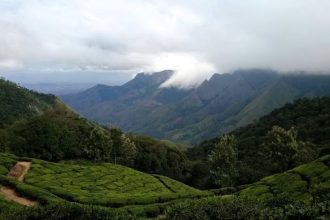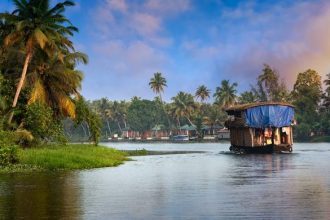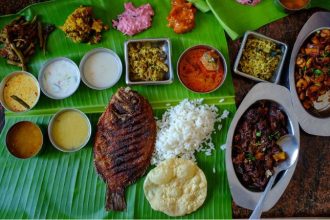Kerala, often referred to as “God’s Own Country,” is a shining example of religious harmony and coexistence. With its diverse cultural fabric, the state celebrates a rich heritage of Hinduism, Christianity, Islam, Judaism, Jainism, and Buddhism, each contributing to its vibrant traditions, architecture, and festivals. Here’s an in-depth exploration of Kerala’s religious diversity
Kerala’s rich religious heritage
Hinduism: The Foundation of Tradition
Hinduism is the oldest and most widely practiced religion in Kerala. It has deeply influenced the state’s cultural ethos, festivals, and art forms.
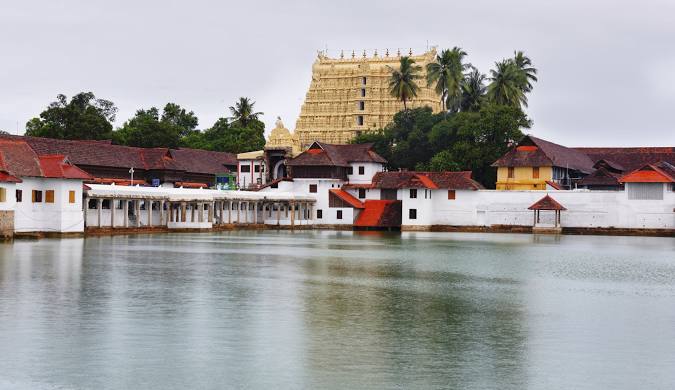
Temples:
- Sree Padmanabhaswamy Temple (Thiruvananthapuram): Known for its Dravidian architecture and immense wealth, it’s one of the most sacred Vishnu temples.
- Guruvayur Temple (Thrissur): A famous Krishna temple, it is a hub for devotees and wedding rituals.
- Sabarimala (Pathanamthitta): Dedicated to Lord Ayyappa, this pilgrimage attracts millions, emphasizing austerity and spiritual discipline.
Festivals:
- Onam: Kerala’s grand harvest festival, symbolizing the return of the mythical king Mahabali.
- Vishu: Celebrated as the Malayalam New Year with the auspicious sighting of Vishu Kani.
Cultural Contributions: Classical art forms like Kathakali, Mohiniyattam, and temple murals.
Christianity: A Legacy of Faith
Christianity in Kerala dates back to 52 CE with the arrival of St. Thomas, one of Christ’s apostles. Kerala is often considered the cradle of Christianity in India.
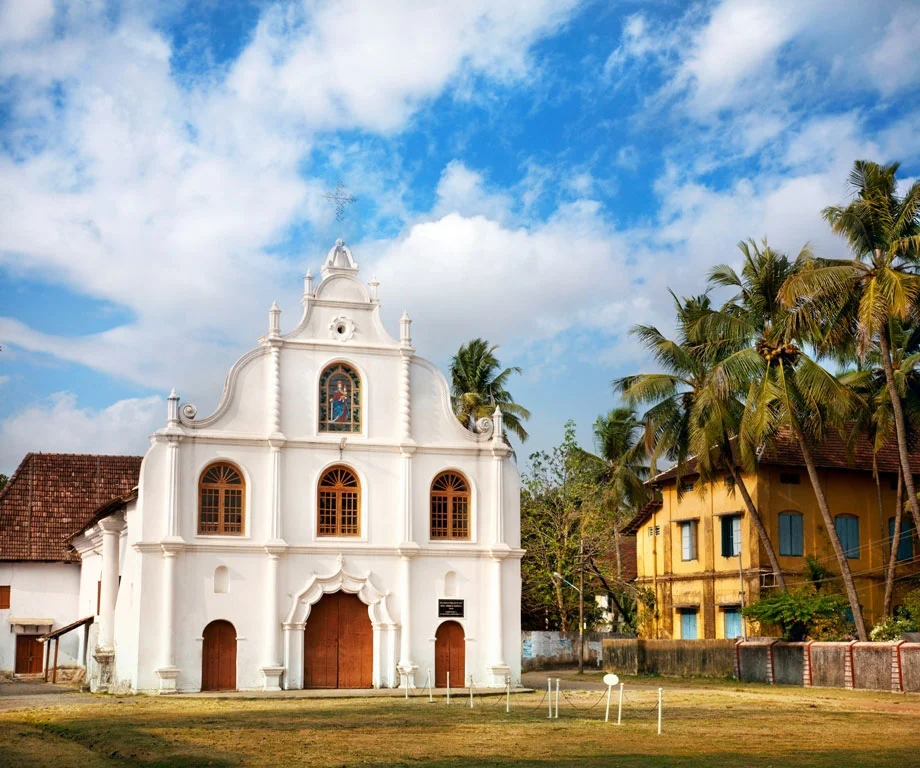
- Key Churches:
- St. Francis Church (Kochi): The first European church in India, where Vasco da Gama was initially buried.
- Malayattoor Church (Angamaly): A prominent pilgrimage site associated with St. Thomas.
- St. George’s Church (Edappally): Known for its grand architecture and annual feast.
- Festivals:
- Christmas: Celebrated with nativity scenes, midnight masses, and feasts.
- Easter: Observed with great solemnity and joy, marking the resurrection of Christ.
- Feasts of Saints: Annual celebrations like the Edappally Church Perunnal.
- Cultural Contributions: Syrian Christian cuisine and their traditional songs, Margam Kali.
Islam: The Spirit of Unity
Islam in Kerala traces back to Arab traders who brought the religion to the Malabar Coast in the 7th century. The Muslim community plays a vital role in the state’s cultural and economic development.

- Key Mosques:
- Cheraman Juma Masjid (Kodungallur): Believed to be the first mosque in India, built in 629 CE.
- Beemapally Mosque (Thiruvananthapuram): Known for the Beemapally Uroos, an annual festival.
- Mishkal Mosque (Kozhikode): A historic structure showcasing medieval Kerala’s architectural style.
- Festivals:
- Eid-ul-Fitr: Celebrated with communal prayers, feasts, and charity.
- Milad-un-Nabi: Marking the birth of Prophet Muhammad.
- Cultural Contributions: The Mappila community’s unique art forms like Oppana and Mappilappattu, and their influence on Kerala’s cuisine.
Judaism: A Tale of Coexistence
Kerala is home to one of the oldest Jewish communities in the world, known as the Cochin Jews. They have peacefully coexisted with other communities for centuries.
- Key Synagogues:
- Paradesi Synagogue (Kochi): Built in 1568, it is a testament to Kerala’s multicultural ethos.
- Chendamangalam Synagogue (Ernakulam): A historic synagogue recently restored to preserve its heritage.
- Cultural Contributions: The Jewish influence on Kerala cuisine, especially in dishes like fish molly, and traditional songs in Hebrew-Malayalam.
Buddhism and Jainism: Ancient Influences
- Buddhism:
- While Buddhism’s presence in Kerala has diminished, its influence remains in cultural practices and art.
- Key Sites: Ancient stupas and rock-cut temples in places like Kottayam.
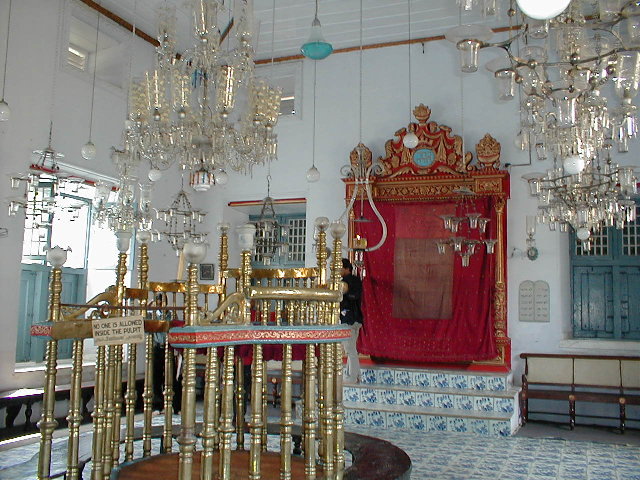
Jainism:
- Jainism in Kerala is concentrated in places like Wayanad and Palakkad.
- Key Sites:
- Anantnath Swami Temple (Puliyarmala): A significant Jain temple in Wayanad.
- Chitharal Jain Monuments (Kanyakumari border): Rock-cut temples and sculptures.


